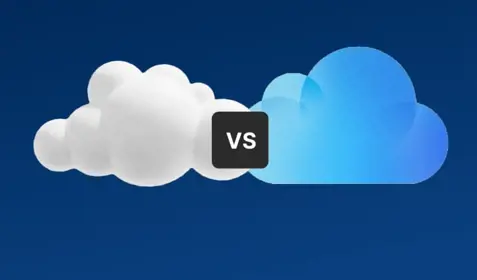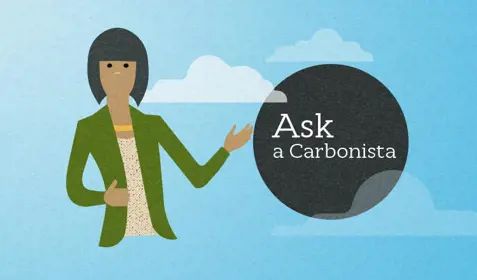USB-connected external hard drives changed the way we store personal data—especially photos. And today’s drives offer massive storage capacity at a very low price. A quick google search shows 1TB drives can be had for as little as $50. That is a lot of storage capacity for not much loot. How much capacity? Well, it’s estimated that a 1TB drive can hold upwards of 300,000 photos or 250 feature length movies.
Many have taken advantage of these drives for data protection. In fact, lots of high-capacity USB drives come with backup software for this purpose. And, backing up personal data to an external drive is undoubtedly better than eschewing backup altogether. However, a backup external hard drive has a significant limitation: It doesn’t offer disaster protection.
Unless you move the external drive to a different physical location, it is vulnerable to the same natural and manmade disasters that threaten data on your laptop or desktop. In other words, if you lose your laptop in a fire, the external drive is likely to be destroyed as well. And it’s not just massive disasters that pose a threat—a leaky pipe above your desk could easily take out your primary and backup data. If you do move the drive offsite, you run the risk of leaving it there and not backing up data at all.
Hard drive vs cloud
Cloud backup offers protection against these types of disasters because your data is stored in a secondary, offsite location. Keeping data offsite is disaster recovery 101 in the business world, but many people overlook it for personal data. Cloud backup makes moving backup data offsite easy and affordable for anyone.
So, ditch the external drive for backup. Use it for something else! For example, you might back up your movie library to the cloud, while keeping frequently watched files on the external drive. That way, you can free up space on your laptop or desktop, get disaster protection, and maintain fast access to large files. Or worse, you might misplace the drive altogether losing all of your backup data.
Cloud backup providers, like Carbonite, offer secure data protection with pricing that makes sense. To learn more about Carbonite’s cloud backup options, check out the Carbonite Safe page of our website.










